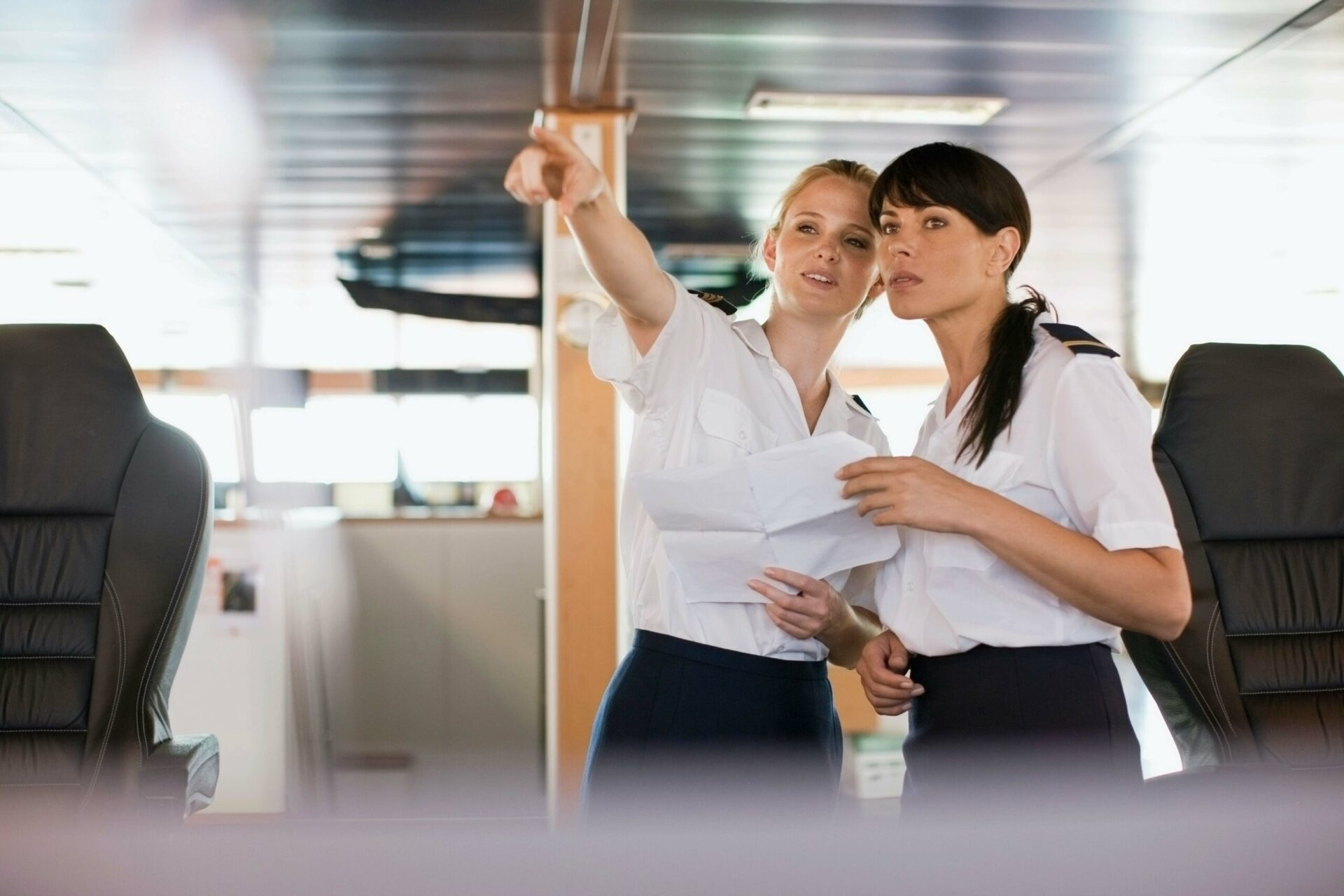If you’re green crew, there are a couple of mandatory courses and certificates you will need before getting your first superyacht job, but are they worth it?
One of the most common questions we get asked is what courses should aspiring or existing superyacht crew do to help them appear more employable. And the answer, most of the time, is not many.
Here we detail what qualifications are non-negotiable, desirable and available – but not always useful or cost-effective.
Mandatory
All crew require an ENG1 medical and STCW to even be considered for a superyacht job.
The medical certificate must be issued by an approved doctor and the STCW – Standards of Training, Certification and Watchkeeping – is mandatory on all vessels over 24 metres in length and covers safety, fire prevention, survival techniques and first aid.
Both must be in date.
Engineering roles aside, there are no other crew courses or qualifications needed to work onboard a superyacht that you can’t get at a later date – and which might even be paid for by the yacht.
Deckhand
If you plan on working as a deckhand, then there are a few additional courses that would definitely come in useful:
- PowerBoat Level 2 – for tender driving
- PWC / Instructor – jet ski riding
- Efficient Deckhand (EDH) – onboard organisation and operations
- VHF Radio – minimum quality standard for practical use
- Heli Deck – required to assist with the landing of a helicopter onboard
- PADI open water/watersports – for diving and watersports with guests
- RYA dinghy instructor – sailing of small boats
- Yachtmaster – to be able to skipper small vessels
Stew
For those working the interior department of a superyacht, there are few crew courses that are worth it. Unlike deckhands, where there are a number of useful qualifications to have, standard ‘stew’ courses are almost never a requirement for a job.
The following, however, might set you apart if you’re head to head with another candidate:
- Housekeeping
- Mixology
- Barista
- Floristry
- Beauty therapy
- PT qualification
- Medical/mental health/first aid qualification
- WSET wine and spirit
Additional skills
In all cases, land-based experience in personal training, photography/videography and carpentry is a real plus. Being multilingual is great too.
Engineer
Being an engineer on a superyacht requires a certain level of specialist knowledge and therefore, all candidates must also have an AEC1 – Approved Engine Course. Once onboard, you will be directed towards other crew courses to improve your engineering knowledge and capability and further your career.
Leadership
Although not prescriptive to become a Head of Department (HOD – Chief Stew, Chief Officer, Chief Engineer, Captain), we strongly recommend superyachts encourage their senior team to engage in some kind of leadership course for crew.
Poor leadership has been stated as one of the main causes of onboard tension and stress and is critical to a positive crew culture and crew retention.




